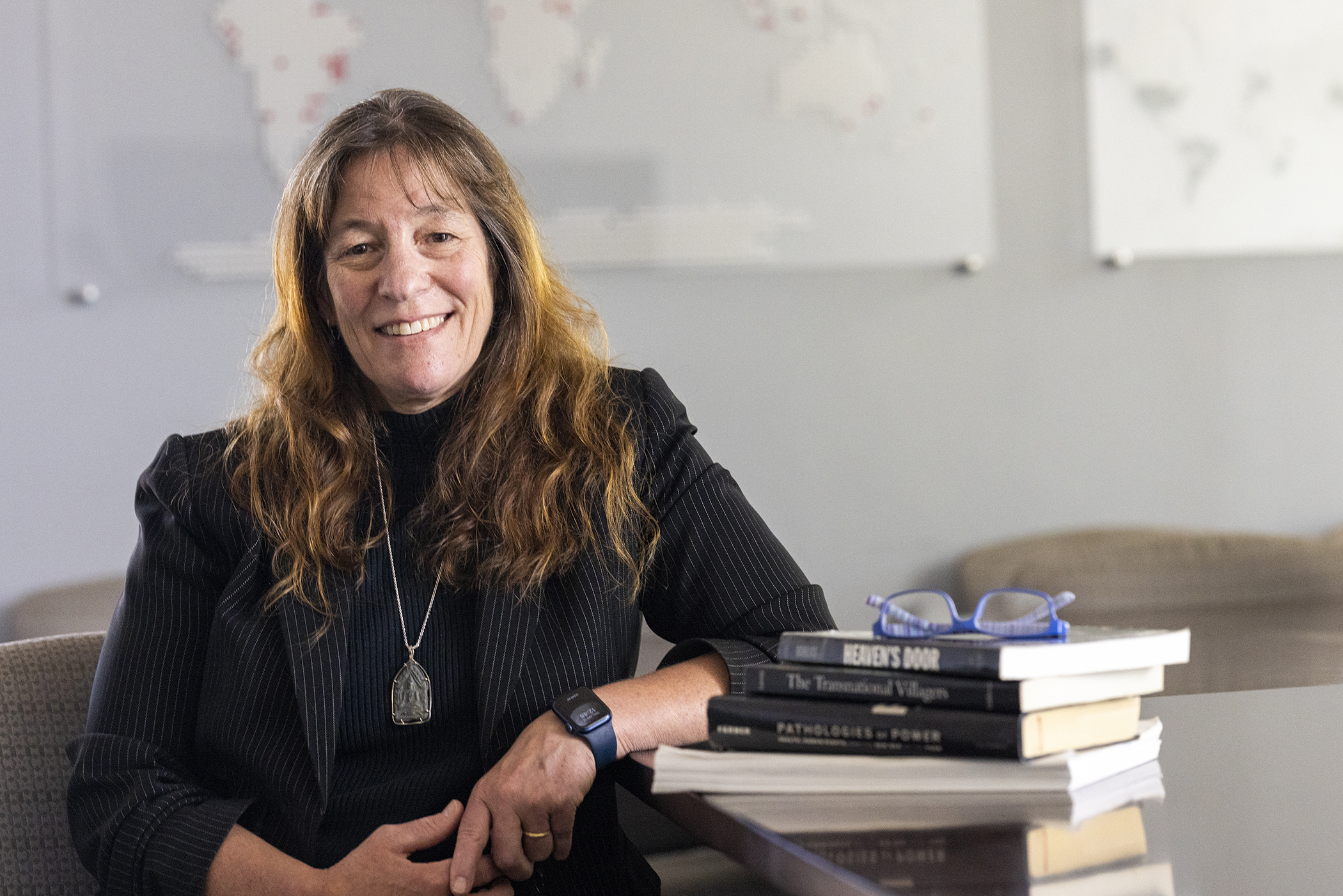World
Immigration services director brings the world to Athens – UGA Today

Robin Catmur-Smith helps students, faculty and others move across boundaries
Robin Catmur-Smith believes that the University of Georgia is a premier destination for higher education.
As director of immigration services in the Office of Global Engagement, she’s making sure that the best scholars, educators and researchers from around the globe reach that destination and make their mark at UGA.
“People can move money and capital between countries quite easily, but they can’t move their own labor and their own bodies easily,” she said. “I became very concerned with helping people move across those boundaries, and I think doing it in academia definitely has value.”
Catmur-Smith has been in academic immigration work for almost 30 years—that’s the subset of visas and sponsorships that allow people to come to the United States to conduct research, teach, study, complete internships and more through an academic lens. After doing similar work at other institutions, including Dartmouth College, she was recruited to UGA and fell in love with Athens. She immediately noticed the university’s dedication to its students and has been here for 14 years.
“I get to work with great people—administrators and faculty—and also with incredible students from around the world,” she said. “It’s a really dynamic, interesting place. I am also incredibly lucky to work with an amazing team of advisors—all committed to and skilled in this field.”
Catmur-Smith’s role is a natural one for her. Her father was in international development, and she grew up primarily in India before moving to Canada. Her family returned to the United States when she was a little older.
“I was predisposed to valuing diversity and different cultures,” she said. “My father always had people around with other perspectives and understandings, and I think that led me to this field.”
Catmur-Smith and her team work with the roughly 3,500 international students, faculty and other sponsored workers at the university each year on various kinds of academic visas and sponsorships.
“I think a lot of students realize that the U.S. is still a destination for higher education, specifically. Getting a degree in the United States is a chance to be able to market yourself and move forward on a career path not just in the U.S., but in your home country or in any number of other countries that are also committed to recruiting the best and brightest from around the world,” she said.
It’s crucial that Catmur-Smith and her staff stay up to date on the latest policies and regulations, which can come from several different agencies. Each advisor has approximately 500-700 cases assigned to them, usually broken down by student cases, scholar cases and employment cases. Catmur-Smith handles most of the Permanent Resident (or Green) Card cases and helps with other cases that have complicating factors. That work includes much more than simply filling out forms—it’s painting a picture of who these people are.
Catmur-Smith said that Immigration Services works closely with the Office of International Student Life to connect their students, scholars and workers to cultural support and programming. They also collaborate frequently with other stakeholders like the Office of Postdoctoral Affairs and the Career Center. She also leads workshops through Learning and Development on hiring foreign employees.
When she’s not helping those at the university, Catmur-Smith is taking care of the 12 horses on her farm, including three of her own. She’s been riding since she was young and has also trained and shown horses. She also enjoys knitting and crocheting as well as cooking new recipes and reading histories and biographies.
Eventually, Catmur-Smith would like to do some humanitarian work, but for now, she’s content helping in the ways she can.
“We try really hard to act as advisors and support personnel for the international people who come to UGA and the departments that sponsor them,” she said. “This process is long and difficult, but we do it all the time, and we do it really well. We can help you through this if you trust us, respond to us and have patience.”







